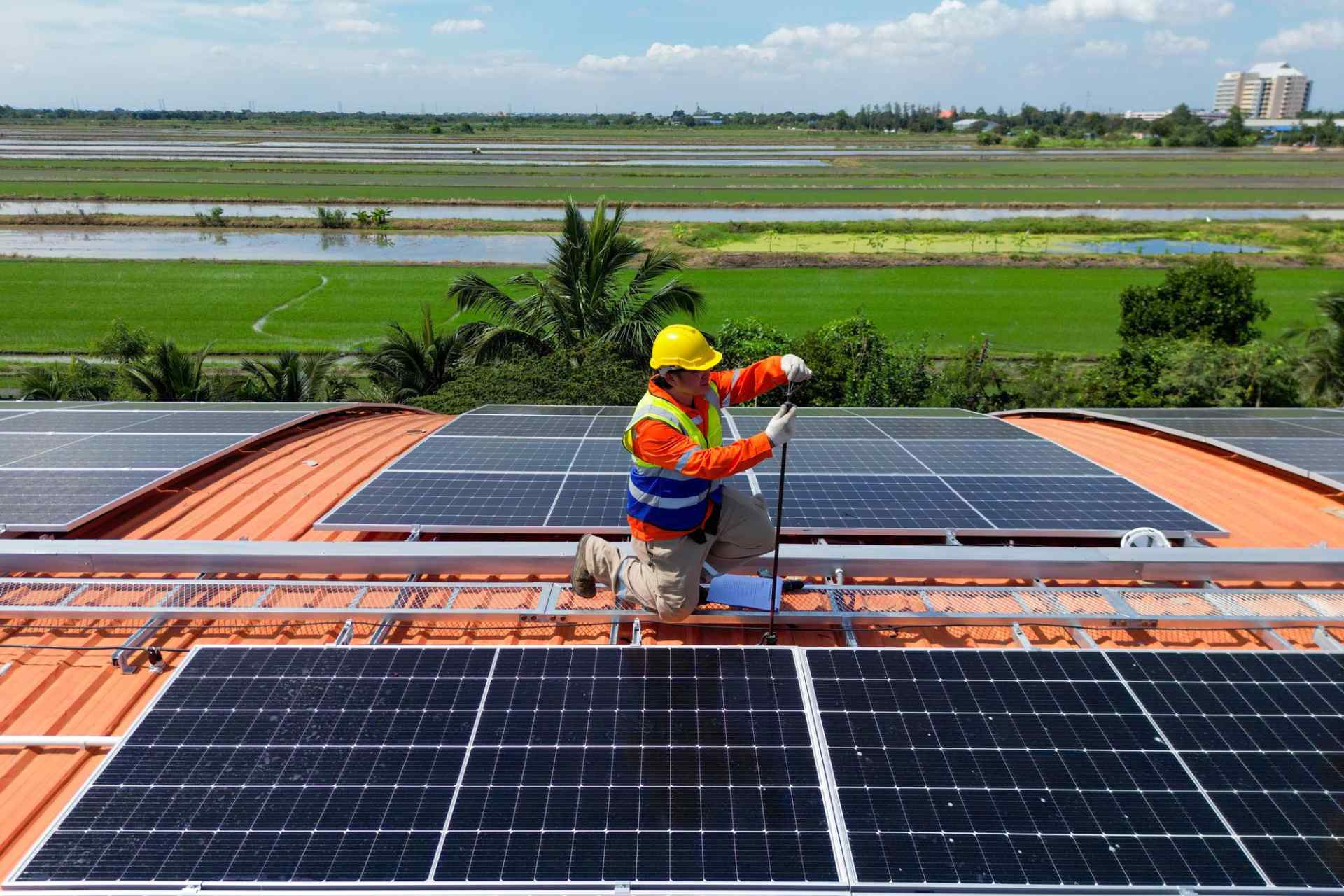Climate change is one of the most pressing challenges of our time, with far-reaching impacts on the environment, economies, and societies. Engineering plays a crucial role in developing and implementing solutions to mitigate the effects of climate change and adapt to its impacts. This article explores the various ways engineering contributes to addressing climate change through innovative solutions, sustainable practices, and resilient infrastructure.
Carbon reduction technologies
Engineering is at the forefront of developing technologies that reduce carbon emissions, a primary driver of climate change. Carbon capture and storage (CCS) technologies capture carbon dioxide emissions from industrial processes and store them underground, preventing them from entering the atmosphere. Renewable energy systems, such as solar, wind, and hydroelectric power, are designed and implemented by engineers to reduce reliance on fossil fuels. Additionally, energy-efficient building designs that incorporate advanced insulation, energy-efficient HVAC systems, and smart energy management help to minimize energy consumption.
Sustainable urban planning
Urban areas are significant contributors to greenhouse gas emissions, and engineering solutions in urban planning can significantly reduce these emissions and enhance sustainability. Green infrastructure, such as green roofs, urban forests, and permeable pavements, helps to reduce urban heat islands and manage stormwater. Public transportation systems, designed to be efficient and accessible, reduce the number of private vehicles on the road and lower emissions. Furthermore, mixed-use developments that integrate residential, commercial, and recreational spaces help to reduce the need for long commutes.
Resilient infrastructure
As climate change leads to more frequent and severe weather events, resilient infrastructure is essential to withstand these impacts. Engineering plays a vital role in designing and constructing resilient infrastructure. Flood-resistant buildings are elevated and use flood barriers and designed floodplains to protect against rising water levels. Advanced stormwater management systems, including drainage systems and retention basins, are developed to manage excess rainwater and prevent flooding. Coastal protection measures, such as seawalls, levees, and other coastal defenses, are constructed to guard against storm surges and sea-level rise.
Water resource management
Climate change affects water availability and quality, making effective water resource management critical. Engineering solutions in this area include water conservation technologies, such as low-flow fixtures, efficient irrigation systems, and water recycling processes, which help to conserve water. Desalination plants are designed and built to provide fresh water in regions with scarce natural water resources. Additionally, advanced wastewater treatment systems are developed to treat and reuse wastewater, reducing the demand for fresh water and protecting water quality.
Renewable energy integration
Integrating renewable energy into the grid is essential for reducing carbon emissions, and engineers play a crucial role in this process. Grid modernization efforts upgrade the electrical grid to accommodate the variable nature of renewable energy sources and ensure a stable energy supply. Energy storage solutions, such as batteries and pumped hydro storage, are developed to store excess energy generated by renewables for later use. Furthermore, distributed generation systems are designed to allow for the generation of renewable energy at the point of consumption, reducing transmission losses and increasing efficiency.
Conclusion
Engineering is pivotal in the fight against climate change, providing innovative solutions, sustainable practices, and resilient infrastructure to mitigate and adapt to its impacts. By leveraging advanced technologies and sustainable design principles, engineers can help create a more sustainable and resilient future. At BNQ Engineering, we are committed to integrating these solutions into our projects, contributing to the global effort to address climate change and protect our planet for future generations.


